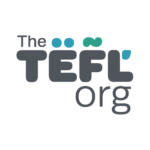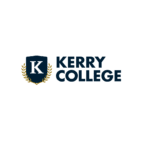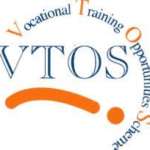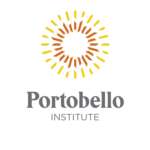Ireland’s commitment to fostering a skilled and educated workforce remains steadfast, as evidenced by the latest statistics released by the Central Statistics Office (CSO) on Further Education Outcomes for the Graduation Year 2021, published on , This comprehensive data offers valuable insights into the trajectories of graduates, shedding light on their employment prospects, educational pursuits, and earning potential.
Employment and Continued Education
One year after graduation, the figures reveal a diverse array of paths taken by Ireland’s further education graduates. A substantial 43% of graduates seamlessly transitioned into a dual path, balancing both employment and continued education. Meanwhile, 31% opted to focus solely on securing employment, and 18% dedicated their efforts to furthering their academic pursuits.
Graduates’ Educational Journeys
The statistics underscore the critical role further education plays in nurturing Ireland’s knowledge economy. A noteworthy 34% of graduates chose to pursue higher education, while 31% continued their studies within the further education realm. This trend highlights the value placed on lifelong learning and the commitment to upskilling and reskilling within the Irish workforce.
Top Employment Sectors
The data reveals the top three industry sectors that welcomed fresh talent from the further education cohort. The Wholesale & Retail Trade sector emerged as the leading employer, accounting for 27% of graduates’ employment. Closely following were the Accommodation & Food Service sector at 19% and the Health & Social Work sector at 14%. These figures reflect the diverse range of opportunities available to graduates and the dynamic nature of Ireland’s economy.
Earnings Insights
While the report sheds light on the earning potential of graduates, it also highlights the persistent gender pay gap. Male graduates enjoyed a median weekly income of €375, while their female counterparts earned a median weekly income of €345. This disparity underscores the ongoing need for concerted efforts to address gender-based inequalities and promote equal opportunities in the workforce.
Building a Future-Ready Workforce
As Ireland navigates the complexities of a rapidly evolving global landscape, the insights provided by the CSO’s Further Education Outcomes report serve as a valuable resource for policymakers, educators, and industry stakeholders. By understanding the trajectories and earning potential of graduates, targeted initiatives can be developed to address skill gaps, foster industry-academia collaborations, and promote inclusive and equitable employment practices.
Moreover, these statistics underscore the importance of continued investment in further education, as it plays a pivotal role in shaping Ireland’s future workforce. By empowering individuals with the knowledge and skills required to thrive in a dynamic job market, Ireland can position itself as a hub for talent, innovation, and economic growth.
As the nation looks ahead, the pursuit of educational excellence and the creation of pathways for lifelong learning will remain at the forefront of Ireland’s agenda, ensuring that its graduates are well-equipped to navigate the ever-evolving landscape of opportunities and challenges.



















Comments